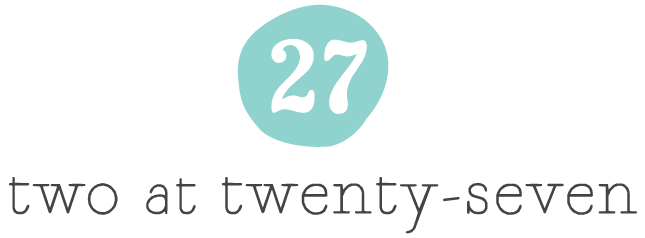“God smiles through the cracks in broken things.”
Help! We’ve fallen and we can’t get up! Rae and I haven’t helped with the shelf-improvement as of late, have we? Let me be the first to say I’m sorry. I stumbled across an article in Psychology Today titled “6 Science-Based Ways to Say ‘I’m Sorry’ Effectively.” Researchers believe acknowledgement of responsibility is the most important part of apologizing. So I publicly admit it was a mistake not to post more in the past 8 weeks. The second most important element of saying sorry is an offer of repair. (We don’t need to be sciencesy to know this stuff—it’s just good human practice.) At any rate, this post is a small offering of repair. Sometimes we feel a little more broken or tired or spent, and this was just one of those times.
I enjoyed The Map of Salt and Stars because it acknowledges that we feel a little more broken or tired or spent at times. (Granted, my problems are seemingly infinitesimal compared to a refugee’s.) It took me some time to finish—which had more to do with my life than the book. While I pride myself on picking good reads, I should have thought to go with a lighter read to span Luke’s surgery/recovery than Joukhadar’s rich debut novel. The plight of Syrian refugees is sobering and heavy. And significant. I was reminded how important it is to find our voice and to learn the skill of repairing ourselves. I’m not ready to compare this to The Kite Runner just yet, but here are three things I loved about this book: (1) The writing was lyrical. At times, I felt like the pace was a bit slow (again, maybe that had to do with what I had going on outside of the book), but the writing was consistently beautiful; (2) I really liked Joukhadar’s strong and independent female characters; (3) I loved that both narratives involved a search for home, which is rarely a place and more often about people. I too wonder “whether the most important things we see in God are really in each other.”

